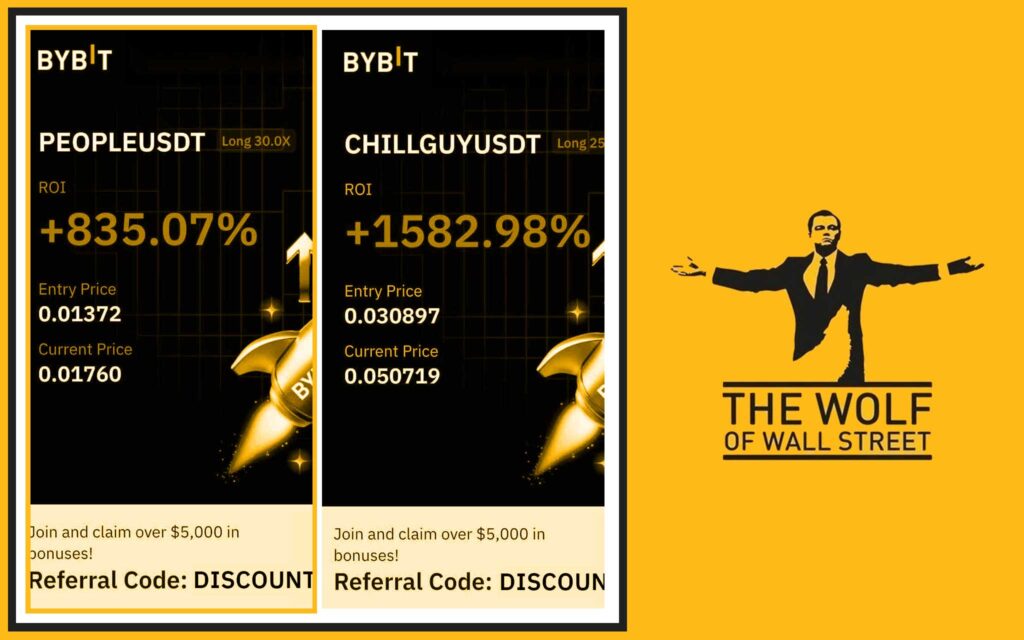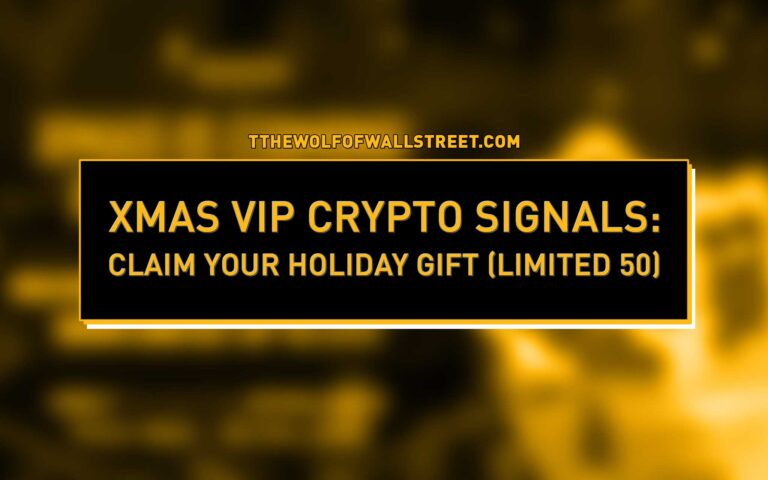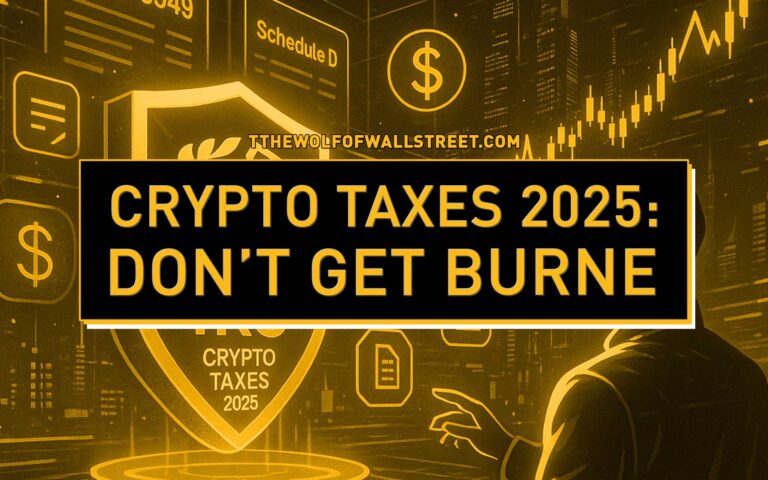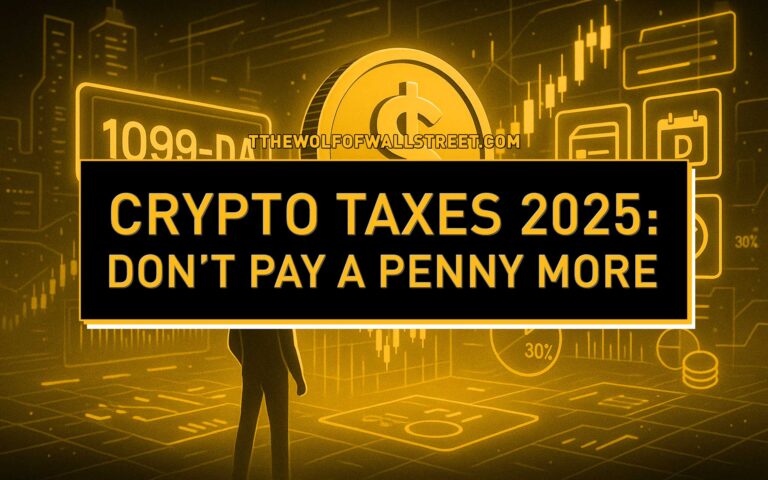🚀 Introduction: Welcome to the Real Game
Listen up. If you think your money’s safe just because it’s sitting in a bank account—or locked behind a crypto wallet—you’re already behind. Today’s financial world is a minefield, and the rules are changing fast. Banks are freezing accounts. Crypto exchanges are blacklisting wallets at the drop of a hat.
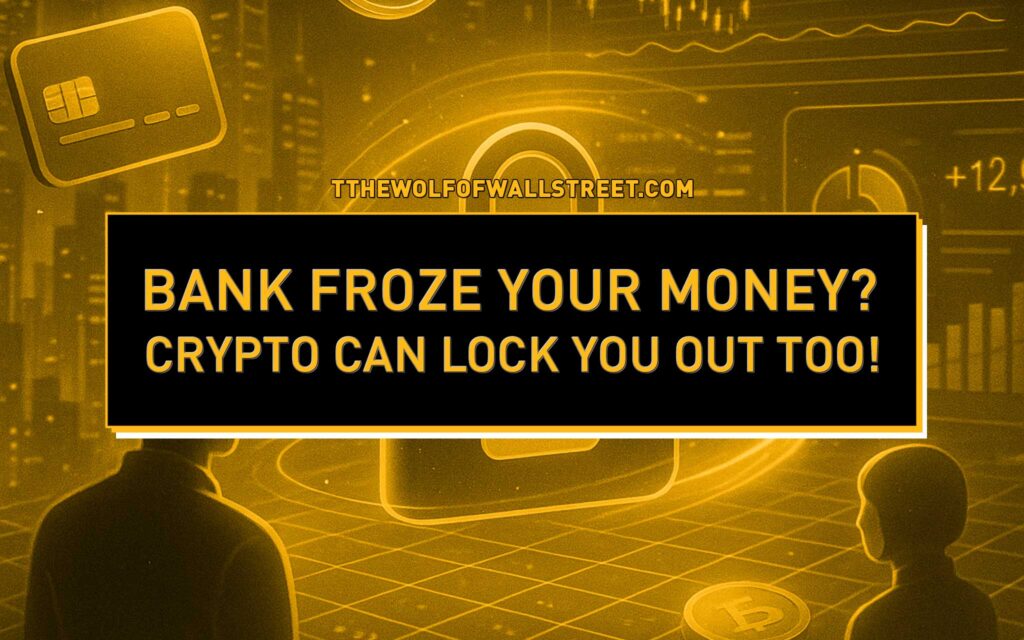
Why? Because financial crime is exploding, and regulators are hunting harder than ever.
This is your no-nonsense guide to how (and why) the system shuts you out—and how to play to win.
⚡ The Financial Battlefield: TradFi vs. Crypto
Here’s the truth. Whether you’re old school (banking) or living on the blockchain, your assets are under constant surveillance.
- Banks freeze fiat accounts every day.
- Centralised exchanges blacklist wallets, freezing crypto in seconds.
Why? Because they’re under the gun from regulators, compliance teams, and anti-crime watchdogs.
Ignore this, and you risk losing access to your own money—instantly.
🔒 The Core Enemy: Financial Crime and the Global Crackdown
Money laundering. Terrorist financing. Tax evasion.
These aren’t just headlines. They’re the exact reasons your account or wallet can be iced in seconds.
Regulators worldwide have zero tolerance for loopholes:
- AML (Anti-Money Laundering)
- CTF (Counter-Terrorism Financing)
- Sanctions enforcement
This isn’t theoretical. Real users—regular people—are being locked out, sometimes for months, with little to no explanation.
Want to stay on the right side of the system? Understand the rules.
For an in-depth breakdown, check out our Crypto AML Guide: Compliance & Security 2025
and the Crypto Travel Rule Compliance Strategy 2025.
🏦 How Banks Freeze Your Accounts – And Why
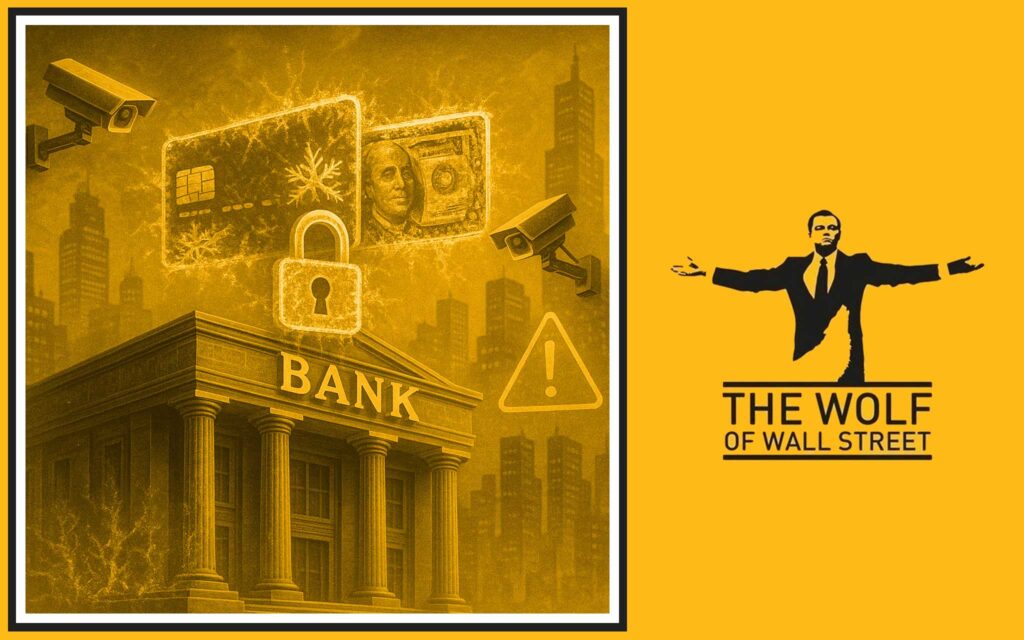
Let’s get ruthless. Banks have a legal gun to their heads: if they see something “suspicious,” they don’t ask questions—they freeze first and deal with fallout later.
- Suspicious Activity Reports (SARs): Any transfer that looks “off” can trigger an instant block.
- Crypto-related transactions: Even buying Bitcoin from your bank account can raise a red flag.
Case Study: Australia
Hundreds of users in Australia have reported sudden freezes after moving funds to crypto exchanges. Commonwealth Bank and others have locked millions for months—just for touching crypto.
The bottom line? If your activity fits an algorithmic “suspicious” pattern, you’re out—no warning.
🔥 Exchanges Go Even Harder: Wallet Blacklists & Instant Locks
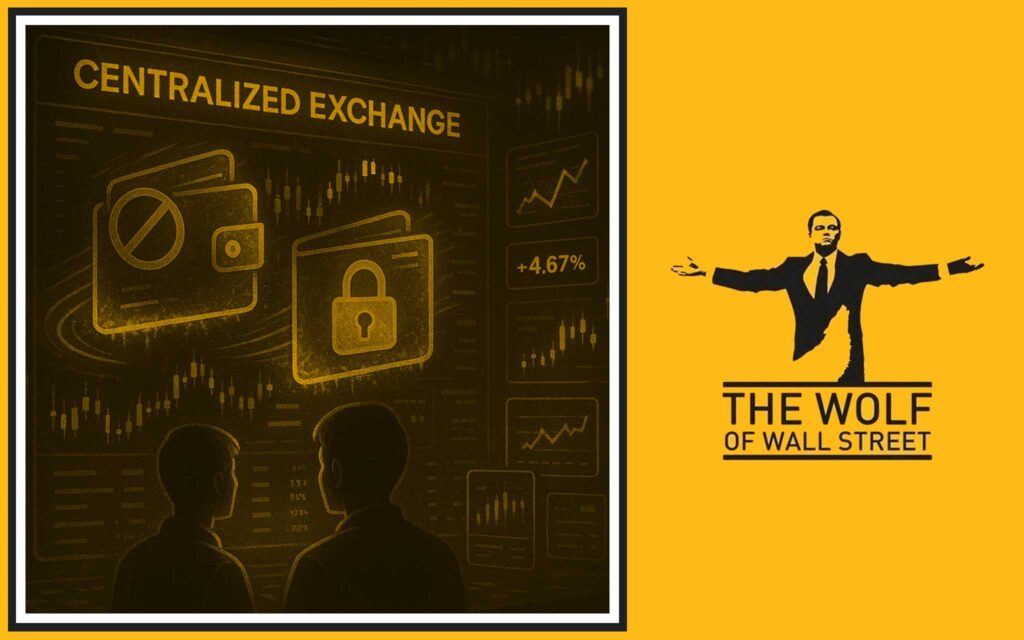
Crypto exchanges have evolved.
They’re now more ruthless than banks.
- Algorithms detect unusual transfers, mixer usage, or links to sanctioned addresses.
- Wallets get blacklisted, and funds are instantly frozen.
User story:
A trader moves funds from a privacy wallet to Binance. Five minutes later—account frozen, support silent. Welcome to the real decentralisation myth.
The “decentralised” dream? Not when you’re on a centralised exchange.
You’re just one click from lockdown.
📜 Key Regulations Running the Show
Why is this happening? Because regulators are stepping up—big time.
- EU’s MiCA Framework: Forces every crypto provider in Europe to monitor, track, and report.
- FATF Travel Rule: Requires both sides of a crypto transfer to identify each other.
- OFAC Sanctions: US blacklists certain wallets, and global exchanges follow or risk total shutdown.
Think you’re immune? If you’re transacting anywhere connected to a bank or major exchange, you’re playing by these rules.
🕵️♂️ Surveillance Tools: The Chainalysis & Elliptic Effect

Forget your old ideas about privacy. Blockchain analytics firms like Chainalysis, Elliptic, and TRM Labs are watching every move.
How do they track you?
- Map transaction flows
- Identify links to mixers (Tornado Cash, Wasabi, etc.)
- Spot “hops” across different coins and networks
Regulators now use these tools to find money laundering, even if it crosses chains or uses privacy coins.
Example:
Tornado Cash—once a privacy favourite—is now sanctioned because hackers used it to launder millions.
⚠️ Automation vs. Human Oversight: False Positives & Collateral Damage
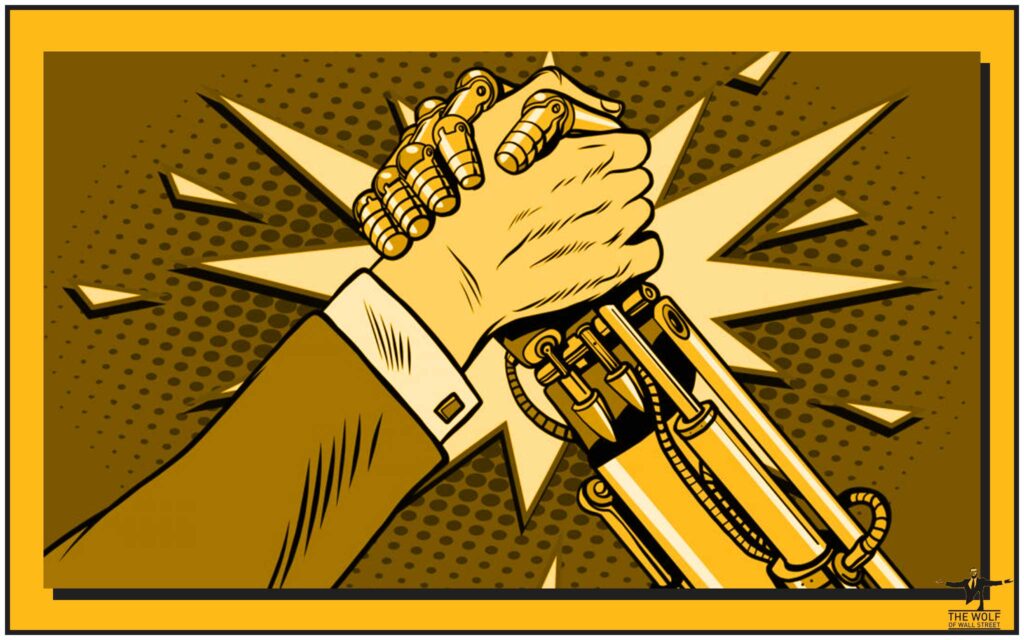
Here’s the brutal reality:
Automation isn’t perfect.
- Algorithms don’t care about your intent.
- False positives are everywhere—legit users locked out just for trading volume, odd times, or using privacy features.
- Support often can’t (or won’t) help.
Real story:
A UK trader was locked out of Coinbase after moving £20,000—flagged as “suspicious” even with proof of origin. Weeks of support tickets led nowhere.
💸 The Real Impact: Lost Time, Locked Money, Broken Trust
What happens next?
- You lose access to funds—sometimes for months.
- Bills pile up, trades slip away, opportunities vanish.
- Trust in the system—shattered.
Social media is full of real people sharing horror stories, tagging banks and exchanges in desperation.
It’s a nightmare, but it’s becoming normal.
Learn what to do next in our guide: Recover Your Crypto Account After Lost 2FA
And weigh your custody options in Self-Custody vs Centralised Crypto Cards: The Guide
🥊 How to Fight Back: Protect Yourself From Freezes & Blacklists
Don’t just sit there—act. Here’s how to stack the odds in your favour:
- Keep Clear Records: Document every deposit, trade, and withdrawal.
- Split Transfers: Move funds in smaller, less “suspicious” chunks.
- Communicate Quickly: Contact support the moment there’s an issue.
- Stay Informed: Know your jurisdiction’s hot buttons for compliance.
- Join Trusted Communities: You need allies when the system turns cold.
🧠 Insider Moves: What the Pros Do Differently
High-volume traders and whales never operate alone. They leverage:
- VIP signals
- Early warning analytics
- Real-time support networks
The best in the business are plugged into elite communities—just like The Wolf Of Wall Street—so they get the heads-up before trouble hits.
They know: information is the new currency.
🏆 The Wolf Of Wall Street: Your Secret Weapon in the Crypto Jungle
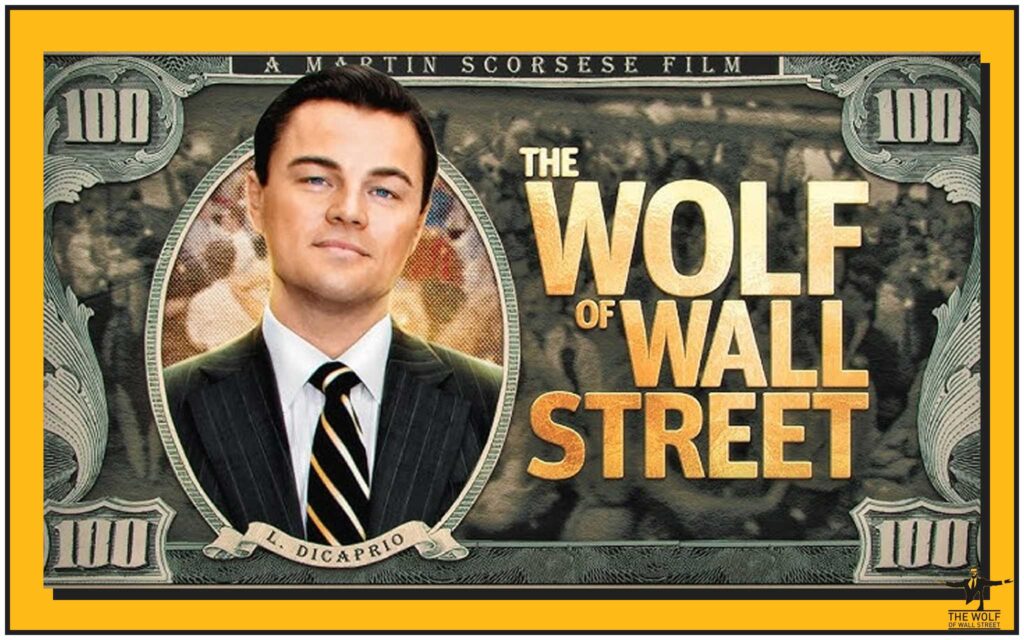
Let’s cut the noise. If you’re not part of a winning tribe, you’re shark bait.
The Wolf Of Wall Street crypto trading community isn’t just another Discord—it’s your ticket to outsmarting the freeze:
- Exclusive VIP Signals: Proprietary trading signals that help you act fast and smart.
- Expert Market Analysis: Get the insights pros pay for—no guessing, just facts.
- 100,000+ Private Community: Learn, share, and get real support from people who’ve been there.
- Essential Trading Tools: Volume calculators, strategy guides, and more.
- 24/7 Support: No waiting weeks for answers—get help when you need it.
Ready to empower your crypto journey?
- 👉 Check out The Wolf Of Wall Street services now
- 👉 Join the Telegram community for live updates and peer support
Unlock your potential. Don’t get left behind.
🧭 Big Picture: The Future of Asset Freezes & Crypto Compliance
The game isn’t slowing down—if anything, it’s getting more intense.
- AI-driven compliance: Smarter, faster, less forgiving.
- Decentralised AML? Early-stage, but promising for privacy lovers.
- Web3 and DeFi: The next round of regulatory attention is coming for DeFi and on-chain swaps.
Adapt or get left behind.
📝 Practical Checklist: What To Do If You Get Frozen
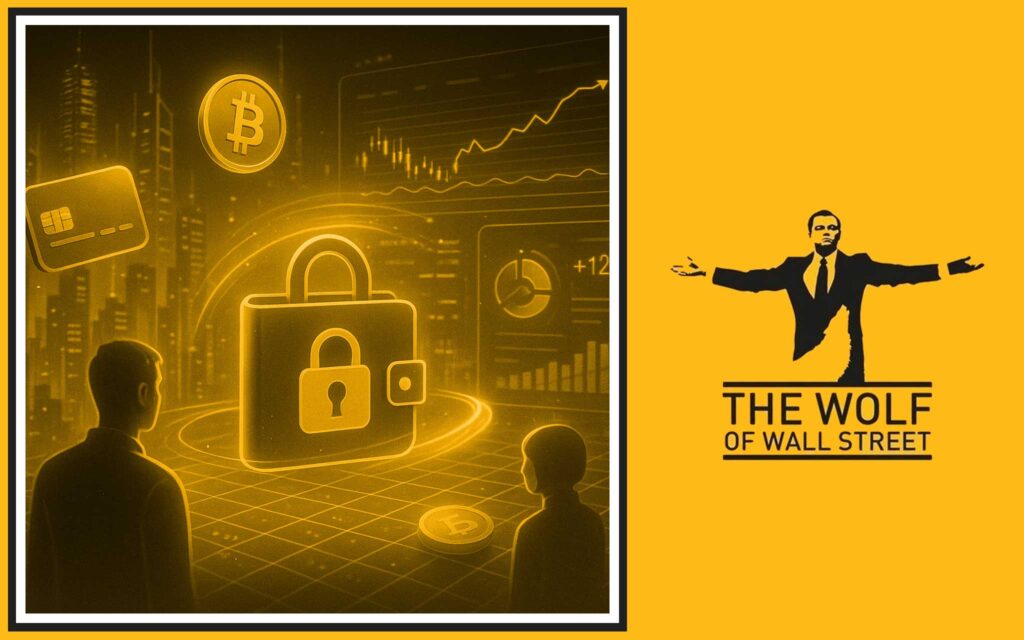
- Stay Calm: Panic helps nobody.
- Document Everything: Screenshots, transaction IDs, emails—save it all.
- Contact Support: Open tickets, escalate, be persistent.
- Leverage Networks: Ask your community (like The Wolf Of Wall Street) for advice and connections.
- Know Your Rights: Learn local laws and advocate for yourself—loudly if needed.
🎯 Conclusion: Play Smart or Get Played
Here’s the bottom line:
Freezes and blacklists are the new reality—whether you’re in TradFi or crypto.
You have two choices:
- Ignore the risk, get blindsided, lose access to your cash.
- Get educated, stay connected, and be proactive—so you never get played.
Community, knowledge, and action are your defence.
Get in the right circles, use the right tools, and move with intent.
❓ FAQs: No-Nonsense Answers
Q1: Why did my bank or exchange freeze my account?
Banks and exchanges freeze accounts to comply with AML, CTF, and sanctions regulations—often triggered by automated tools flagging “suspicious” activity.
Q2: How long does a freeze usually last?
It varies—some users are unfrozen in days, others wait months. Fast, clear documentation helps, but there’s no guarantee.
Q3: Can I prevent getting frozen?
Not 100%, but you can minimise risk by following compliance best practices, splitting transactions, and staying alert to regulatory shifts.
Q4: What tools help avoid blacklisting in crypto?
Joining expert communities like The Wolf Of Wall Street, keeping records, and avoiding flagged services (mixers, sanctioned wallets) can reduce your risk.
Q5: Where can I learn more about protecting my assets?
Explore guides like Crypto AML Guide: Compliance & Security 2025 and Self-Custody vs Centralised Crypto Cards: The Guide.
The Wolf Of Wall Street crypto trading community offers a comprehensive platform for navigating the volatile cryptocurrency market.
Here’s what you gain:
- Exclusive VIP Signals: Access proprietary signals designed to maximize trading profits.
- Expert Market Analysis: Benefit from in-depth analysis from seasoned crypto traders.
- Private Community: Join a network of over 100,000 like-minded individuals for shared insights and support.
- Essential Trading Tools: Utilize volume calculators and other resources to make informed decisions.
- 24/7 Support: Receive continuous assistance from our dedicated support team.
Empower your crypto trading journey:
- Visit our service: https://tthewolfofwallstreet.com/service
- Join our active Telegram community: https://t.me/tthewolfofwallstreet
- Unlock your potential to profit in the crypto market with “The Wolf Of Wall Street”

